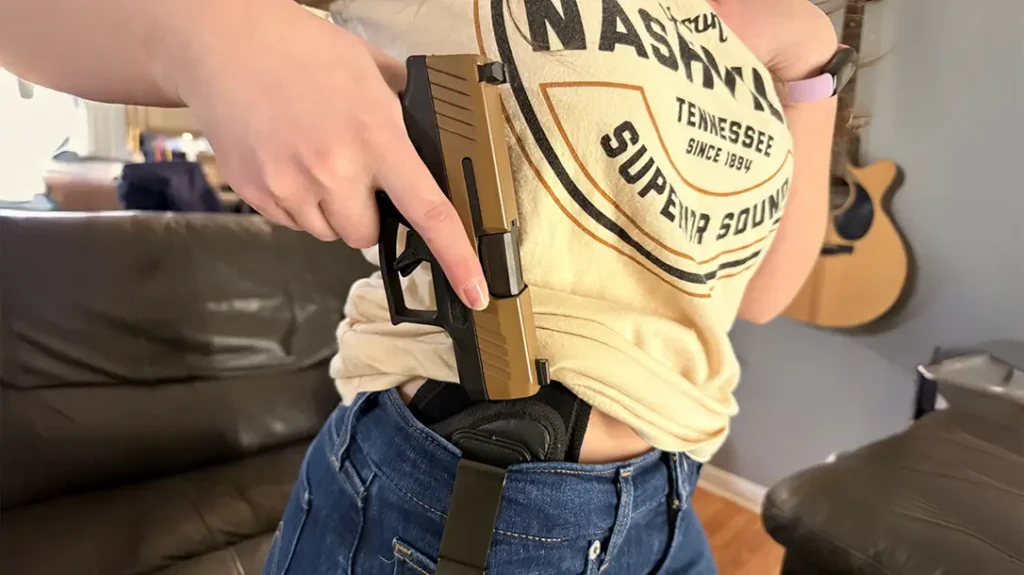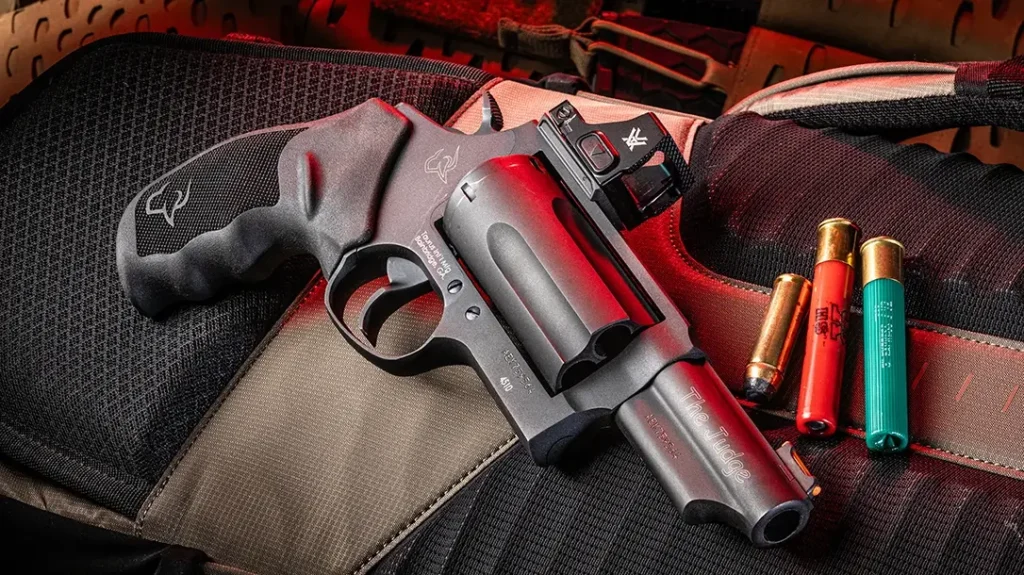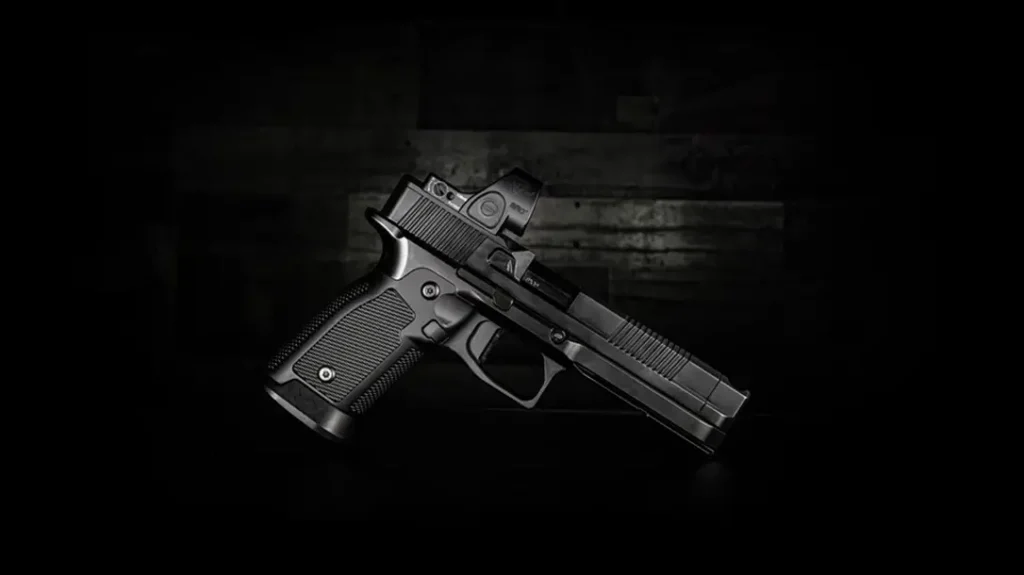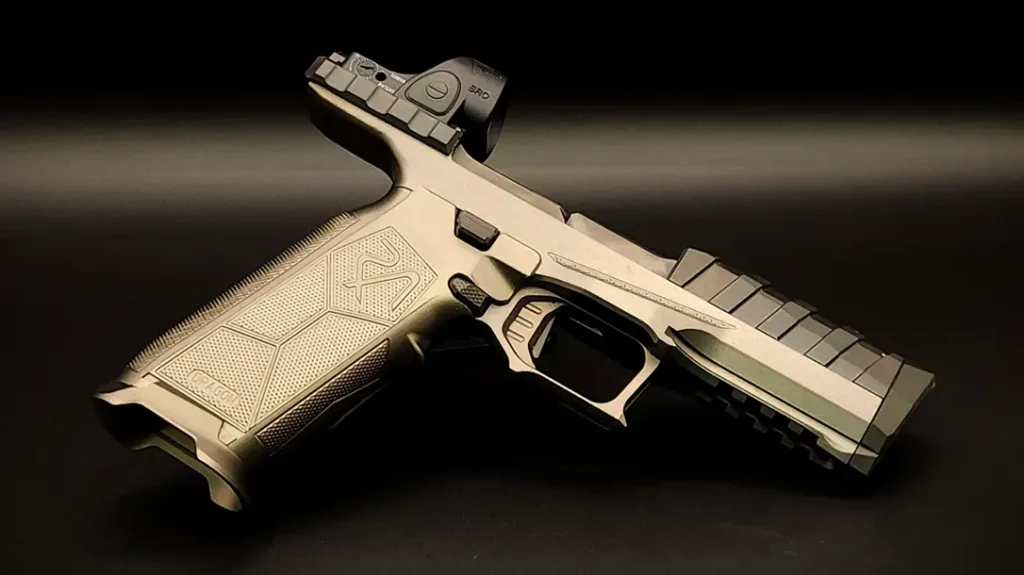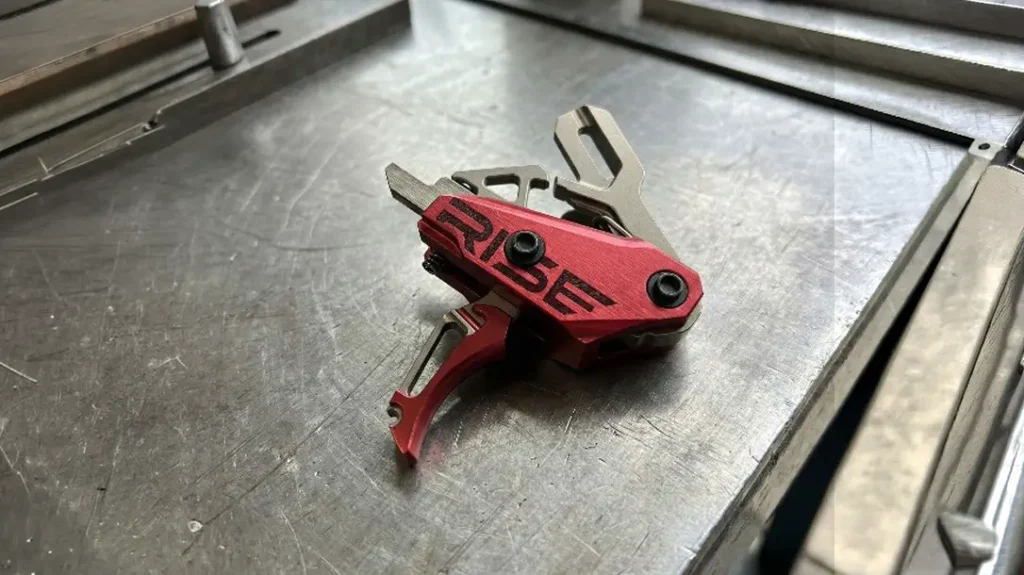Good people who carry guns often debate the question, “Should I answer the police when they try to question me after I’ve been involved in a self-defense shooting? Or, perhaps, I should listen to the attorneys who advise, ‘Don’t say a word until you’ve spoken with your attorney.’”
The answer is more complicated than the question. Each situation will be different, so following blanket advice automatically puts us in the position of taking black and white approaches to gray issues.
A couple of lectures have been going around the Internet gun-related forums. One depicts an attorney giving legal advice, who adamantly tells the audience to say nothing to the police. Another, often shown along with that one, depicts a veteran police detective now becoming an attorney, who essentially says the same thing. Each gives several examples of people who said something at the incident scene or at time of arrest that came back to haunt them, and convict them.
Advertisement — Continue Reading Below
Shutting Up
What you’ll find when you’re listening for a case where an innocent man was convicted for talking to the police, is exactly one example. Let’s call it Case One. A mentally ill individual who called the police with suggestions for finding a dangerous perpetrator they were looking for. He says this individual was manipulated by the police into writing a confession to the crime in question, in hopes of “smoking out” the real criminal. Of course, the man’s written confession became the centerpiece of the state’s charge against him for the crime in question, and the anchor of his conviction for that crime.
Now, that’s a pretty scary thing, but it doesn’t tell me not to talk to the police. It tells me that (A) crazy people can get themselves convicted of crimes they didn’t commit, (B) doing crazy things will get you in trouble, and (C) saying you committed a crime you didn’t commit is likely to convince others that you did in fact commit it. If you’re crazy, do crazy things, or admit to doing things you didn’t do, keep your mouth shut.
Failure to Communicate
I’ve been an expert witness for the courts in shootings and other use-of-force cases for 29 years now. I’ve literally lost count of the number of good people I’ve seen get in trouble because they didn’t communicate with authorities in the immediate aftermath of a DGU (defensive gun usage).
Advertisement — Continue Reading Below
Let me share a few examples, just from cases I’ve personally been involved in. Case Two was a gentleman in New England who was attacked by two vicious predators, at least one of them armed, on a rain-swept residential street. He fired one .40 round in self-defense, mortally wounding the armed antagonist with his Glock 23. Unfortunately, he then panicked and fled. Witnesses had seen his car, and within hours police were at his door. He told them what had happened, but it was too late. He was arrested for Manslaughter, and we had to go through a stressful, expensive, full-blown trial to win his acquittal.
Case Three took place in the same state. The defendant was licensed to carry and was wearing a Beretta 96 when he came upon a man he personally knew to be violent who was strangling a woman on a darkened sidewalk. He stepped out of the car, drew his weapon, and ordered the attacker to stop. Screaming that he would kill him, the aggressor lunged at the citizen as if to disarm and murder him, and the defendant fired a single .40 bullet that dropped the offender, mortally wounded. He, too, panicked and fled. By the time he “turned himself in,” the police had already come to the conclusion that they were seeking a guilty criminal who fled. He was charged with Murder, and he, too, had to go through a full trial before the jury found him Not Guilty on all counts.
Both of the defense attorneys in the above cases were convinced that if their clients had had the presence of mind to call in from the scene and report their self-defense shootings, their clients would never have been charged with either homicide in the first place.
Advertisement — Continue Reading Below
Done Right
In Case Four, a clergyman in an Eastern city was aware of violent street crime in his neighborhood, and he was licensed to carry the Glock 27 pistol that was with him on the night in question. He was confronted by an armed robber who pointed a revolver at him. The padre drew and fired in self-defense, his single shot dropped the offender. The criminal survived, though seriously wounded. He turned out to have been armed with a starter pistol that resembled a real revolver.
Aftermath? Zip! He told the cops what happened. Their investigation quickly determined that the wounded man was a dangerous career criminal, and the shooter was the quintessential Good Guy. Learning from the shooter in the beginning what had happened, set the stage for an investigation that turned out to be the impartial fact-finding an investigation is supposed to be.
Devil In The Details
After the near-death experience of a self-defense shooting, you’ll be the worst possible witness to speak to such details as distance, number of shots fired, exact words spoken during the encounter, etc. Let me share a few examples again from cases I’ve personally worked.
Advertisement — Continue Reading Below
Case Five, in Arizona, I was retained on behalf of one of two Federal agents severed from employment after a controversial fatal shooting. One had already resigned, and there was nothing I (or anyone else) could do for him at that point. The other, the one I was retained for, had been fired. It was alleged among other things that they had lied about the number of shots they had fired. One said he had fired once, maybe twice; the other believed he had fired a double tap. Investigation showed, however, that both had fired several more shots than they said.
This is par for the course. In an adult lifetime spent debriefing gunfight survivors, I can literally count on my fingers the number who were able to keep track of the shots once they went past three or four, and even in those rare cases, there was usually some compelling circumstance that allowed them to keep count. In most cases, the person perceiving himself to be facing death will fire more shots than he realizes. Unfortunately, answering this sort of question and getting it wrong makes you look like a liar. In this particular case, the wrongfully fired agent got a settlement he was happy with and went on with his life, but they don’t all end that happily. Don’t attempt to answer detailed questions in the short-term aftermath.
Case Six, in Florida, a police officer shot and killed a fleeing fugitive who tried to run him down with a motorcycle. It was a cross-racial shooting that triggered civil unrest. Believing he was about to be killed, the officer honestly didn’t recall whether or not he had discharged his Glock 17. He had, in fact, fired a single, reflexive shot that instantly killed the man who was trying to murder him. The State saw that as lying and charged him with Manslaughter. He was ultimately acquitted at trial, but it was still a life-changing ordeal for him.
Advertisement — Continue Reading Below
Bare Bone Statements
Case Seven, also in Florida, this time involving an armed citizen. After an escalating series of abuses by her common-law husband, a woman summoned the courage to tell him, “You’ve been drinking all my beer, you’ve been smoking all my cigarettes, you won’t get a job… I want you to leave.” He attempted to murder her, left her for dead, and was arrested after she regained consciousness and reported him. Soon after, out on bail and in a drunken rage, he came back to her home to murder her. When he broke down the door and came at her, she shot him, and he staggered outside and fell, dying of .22 caliber gunshot wounds.
When police arrived, she submitted to interrogation. Asked what had happened, she went back to the beginning to explain the chain of events. She began, “He was drinking all my beer, smoking all my cigarettes, wouldn’t get a job…” And, as she spoke, she saw the emergency personnel outside zipping the man she had loved into a body bag. Her words trailed off. The detective called the State’s Attorney’s office and explained that he had a woman who had shot her common-law husband and, when asked why, had replied she had done it because he was drinking her beer, smoking her cigarettes, and wouldn’t get a job. It sounded like Manslaughter to them, and that’s exactly what she went to trial for before a defense team led by Mark Seiden won her acquittal. She suffered a massive, permanently damaging stroke shortly thereafter. Not a happy ending.
This is why I’ve come to advise Lethal Force Institute students to stick to five bare-bones statements when questioned. First, “This man attacked me.” It makes clear from the beginning that you’re the Victim and the guy you were forced to shoot was the Perpetrator.
Advertisement — Continue Reading Below
Second, “I will sign the complaint.” You’re speaking the cop’s language, and further locking in the facts of who’s who and what’s what: you are the Good Guy or Gal, and the guy on the ground is the Bad Guy.
Third, point out the evidence. If you don’t, it can disappear or get moved. In Case Eight in Illinois, a gangbanger attacked a cop and tried to rip his Smith & Wesson 9mm out of his holster and murder him with it. The cop wound up having to shoot and kill him in self-defense. Not until I got there to examine the evidence for trial did anyone bother to examine the uniform pants the officer was wearing; they were torn in the holster area, confirming the officer’s version of events. By then he had been charged with an illegal homicide, and had to go all the way through trial to win acquittal.
Fourth, point out the witnesses. Their words may well exonerate you, but the general public fears reprisal by the genuine criminals who attacked you, or their accomplices, and may be reluctant to come forward on their own. The only way to be sure that testimony that may exonerate you will be taken, is for you to point out to police the witnesses who saw you shoot your attacker in self-defense.
Fifth, and critically important, “Officer, you’ll have my full cooperation after I’ve spoken with counsel.” Stick to that like name, rank, and serial number. Experts tell us that it will be a minimum of 24 to perhaps 72 hours before you’ll be in any condition to deal with a full interrogation. And that interrogation (the more politically correct term “interview” is used now) should not take place until you’ve discussed it with your attorney in depth. Nor should it take place, in my opinion, without the attorney right there with you, and a legal stenographic service’s camcorder rolling to record it for your side, just in case.
Bottom Line
Cops are trained to get guilty people to say incriminating things they didn’t really want to say. The same tactics can get innocent people to say things that someone erroneously convinced of their guilt could use against them, particularly when they are interrogated in the hugely stressful immediate aftermath of having faced death and been forced to extinguish a human life. This is why virtually all of us who are involved in this sort of thing on a regular basis advise that the justified shooter should not submit to a detailed interview until they’ve had time to come down from the stress flood and acquire legal counsel.
At the same time, saying nothing means that your story, the truth, is not being told. Cops see so many criminal uses of force that, when they don’t yet know who’s who, it’s only natural for them to assume that the guy on the ground is the victim and the guy standing with the smoking gun is the perpetrator. That’s why, at this moment, it is wise to get across the five points suggested above, and then shut up and wait for an attorney.
Check out this article by the same author: When Bad Trial Strategy Turns Self-Defense to Murder.

